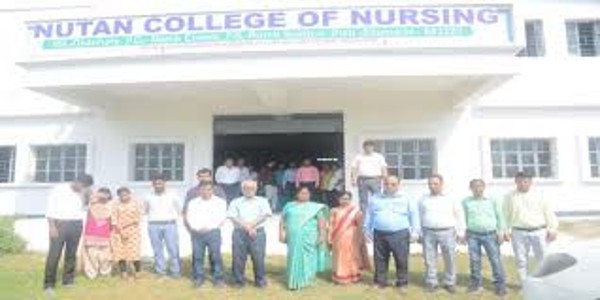NUTAN COLLEGE OF NURSING
Best Nursing College
These are exciting times to embark on a career in Nursing or to pursue graduate level preparation in nursing. New attitudes and objectives in health care and redefining the skills and mandate of today’s nursing professional. Health care is no longer narrowly viewed as just the treatment of illness, but rather as the promotion and maintenance of health. This evolution means new challenges and an expanding role for nurses.
Take on the challenges facing nurses. Prepare yourself with a strong academic foundation, valuable experience and a future-focused philosophy. This will enable you to meet the demands of the nursing profession with confidence, professionalism and excellence.
The faculty of Nursing prides itself on its flexible, quality undergraduate and graduate programs. Through our present degree (B.Sc. Nursing) and diploma (A.N.M. & G.N.M.) program and highly qualified faculty members, we have made a commitment to excellence, to our students, to providing valuable experience and to future opportunities.




